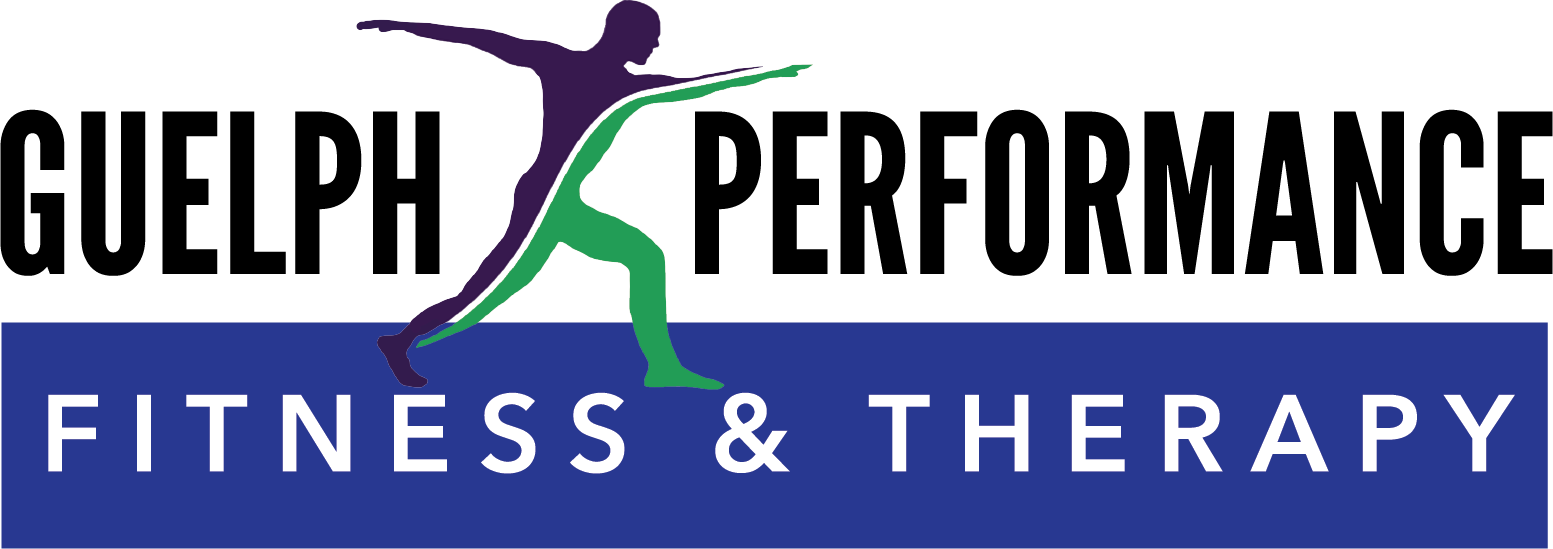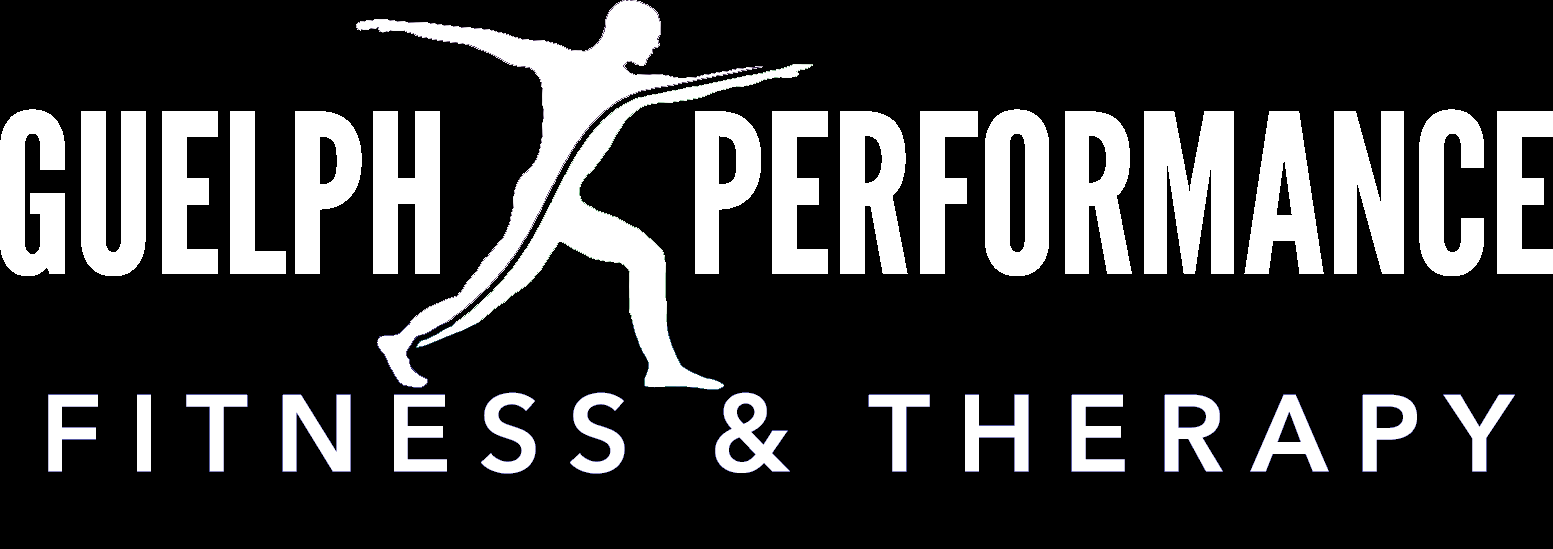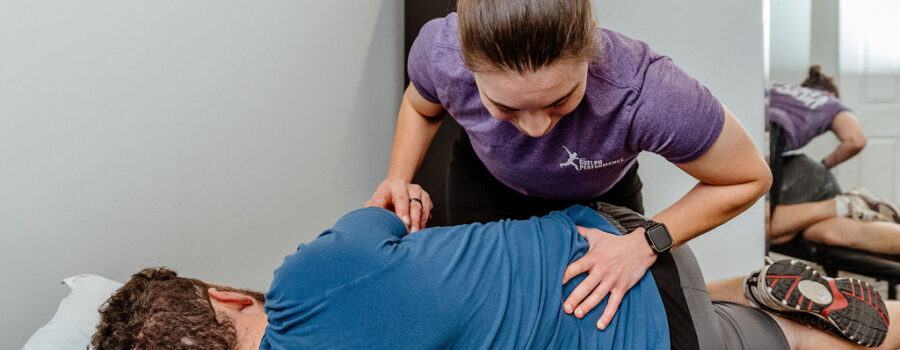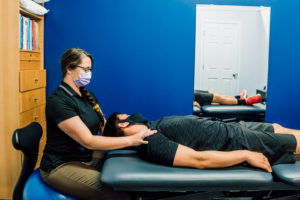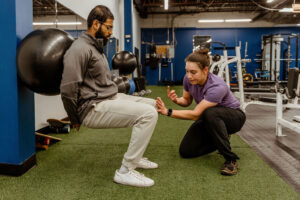Non-Specific Low Back Pain (NSLBP) is a common issue affecting millions of people worldwide. Unlike specific low back pain, which can be attributed to a particular cause like a herniated disc or spinal stenosis, NSLBP doesn’t have a clear origin. This makes it a bit more challenging to understand and might be frustrating. Still, several strategies and lifestyle adjustments can significantly alleviate the pain and help you accomplish your daily tasks.
Understanding NSLBP
NSLBP is defined as back pain not attributable to a recognizable, known specific pathology (e.g., infection, tumor, osteoporosis, fracture, structural deformity, inflammatory disorder, radicular syndrome, or cauda equina syndrome). This means that imaging like X-rays and MRIs might come up empty for problems that can be solved. Some might be told they are “faking it” but that’s not the case! It often manifests as a dull, aching pain in the lower back and can be exacerbated by certain movements or prolonged inactivity.
Methods for Reducing NSLBP
Reducing the discomfort associated with NSLBP often involves a combination of physical, psychological, and lifestyle interventions. Here are some effective methods:
1. Mind-Body Techniques
Stress can exacerbate pain, so incorporating relaxation and mind-body techniques can be beneficial. These include:
- Yoga: Combines physical postures with breathing exercises and meditation.
- Mindfulness Meditation: Focuses on reducing stress and improving pain tolerance through mindfulness practices.
2. Medications
Over-the-counter pain relievers like NSAIDs (e.g., ibuprofen) or acetaminophen can help manage pain. In some cases, doctors might prescribe muscle relaxants or low-dose antidepressants to help alleviate chronic pain. Make sure you speak to your doctor or pharmacist before implementing a medication regime!
3. Heat and Cold Therapy
Applying heat or cold packs to the affected area can provide temporary relief. Heat therapy relaxes muscles and improves blood flow, while cold therapy may numb sharp pain.
4. Ergonomic Adjustments
Making changes to your work and home environment to support your back can prevent strain. This includes:
- Using an ergonomic chair with proper lumbar support
- Setting up your workstation to keep your spine aligned
- Taking regular breaks to stand up, stretch, and move around
5. Treatment in a clinic
Rehab Therapists like the ones at Guelph Performance can develop personalized exercise routines that strengthen the muscles supporting your spine, improve flexibility, and promote better posture. Key exercises often include:
- Core strengthening exercises (e.g., planks, bridges)
- Stretching routines (e.g., hamstring and hip flexor stretches)
- Aerobic exercises (e.g., walking, swimming)

Accomplishing Daily Tasks with Low Back Pain
Living with NSLBP doesn’t have to mean giving up on your daily activities. Here are some practical tips to help you manage daily tasks more comfortably:
- Break Tasks into Smaller Steps: Instead of doing everything at once, break down tasks into smaller, more manageable steps.
- Use Assistive Devices: Tools like long-handled reachers, grab bars, and ergonomic kitchen gadgets can reduce strain on your back.
- Maintain Good Posture: Always be mindful of your posture, especially when sitting, standing, or lifting objects. Keep your back straight and avoid slouching.
- Lift Correctly: Bend at your knees, not your waist, and use your leg muscles to lift heavy objects. Keep the object close to your body.
- Stay Active: Engage in regular, low-impact physical activities like walking or swimming to keep your muscles strong and flexible.
Managing Non-Specific Low Back Pain requires a multifaceted approach. By integrating rehab therapy, ergonomic adjustments, pain management techniques, and lifestyle changes, you can significantly reduce pain and improve your quality of life. Remember, it’s essential to consult healthcare professionals to tailor these strategies to your specific needs and ensure you’re on the right path to managing your back pain effectively.
If you are ready to start your recovery journey with Guelph Performance, head on over to our Booking Page to book a Discovery Visit or Initial Assessment! Not sure what you need to book? Take this 3-minute survey and Alana will personally send you your Road Map to Recovery within 2 days.
